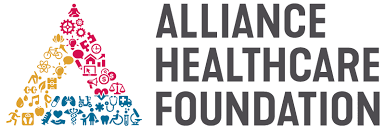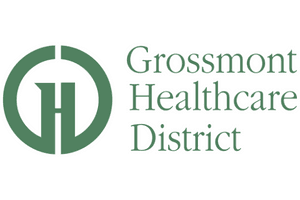Fall Prevention for Seniors
1. Encourage Regular Exercise: Activities like walking, tai chi, or strength training can improve balance, coordination, and muscle strength, which are crucial for preventing falls.
2. Review Medications: Some medications, especially when combined, can cause dizziness or drowsiness. Regularly review medications with a healthcare provider to minimize side effects that could lead to falls.
3. Ensure a Safe Home Environment: Remove tripping hazards like loose rugs, clutter, or electrical cords. Install grab bars in bathrooms, use non-slip mats, and ensure all areas are well-lit.
4. Get Regular Vision and Hearing Checkups: Poor vision or hearing can increase the risk of falls. Regular checkups and using necessary aids, like glasses or hearing aids, can help seniors stay aware of their surroundings.
5. Encourage Proper Footwear: Wearing supportive, well-fitting shoes with non-slip soles can prevent falls. Avoid wearing loose slippers or shoes with slick bottoms.
Complications Due to Falls
1. Fractures: The most common fractures due to falls include hip fractures, wrist fractures, and fractures of the spine or pelvis. Hip fractures, in particular, are serious and often require surgery, lengthy rehabilitation, and can result in loss of mobility and independence.
2. Head Injuries: Falls can lead to head injuries, including concussions or traumatic brain injuries (TBI). These injuries can be particularly dangerous in seniors, especially those taking blood thinners, as they can result in bleeding in or around the brain.
3. Soft Tissue Injuries: Bruises, sprains, and strains are common in falls and, while less severe than fractures or head injuries, can still cause significant pain, limit mobility, and lead to a fear of falling.
4. Reduced Mobility and Independence: Fear of falling again can lead to reduced activity, muscle weakness, and a decline in physical fitness, creating a vicious cycle of reduced mobility and an increased risk of future falls.
5. Emotional and Psychological Effects: Falls can result in anxiety, depression, or a fear of falling again, leading to social isolation and a decline in quality of life.



























